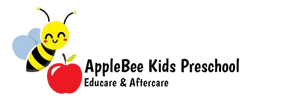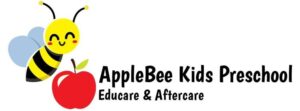Nurturing a Community of Thriving Learners: Unbeatable Support for Kids on the Path to Big School
Starting school is a significant milestone in a child’s life. It marks the beginning of their formal education journey and sets the foundation for their future growth and development. As parents and educators, it is our responsibility to create a nurturing and supportive environment that empowers children to thrive academically, socially, and emotionally. In this article, we will explore the importance of nurturing a community of thriving learners and the unbeatable support available to kids on their path to big school.
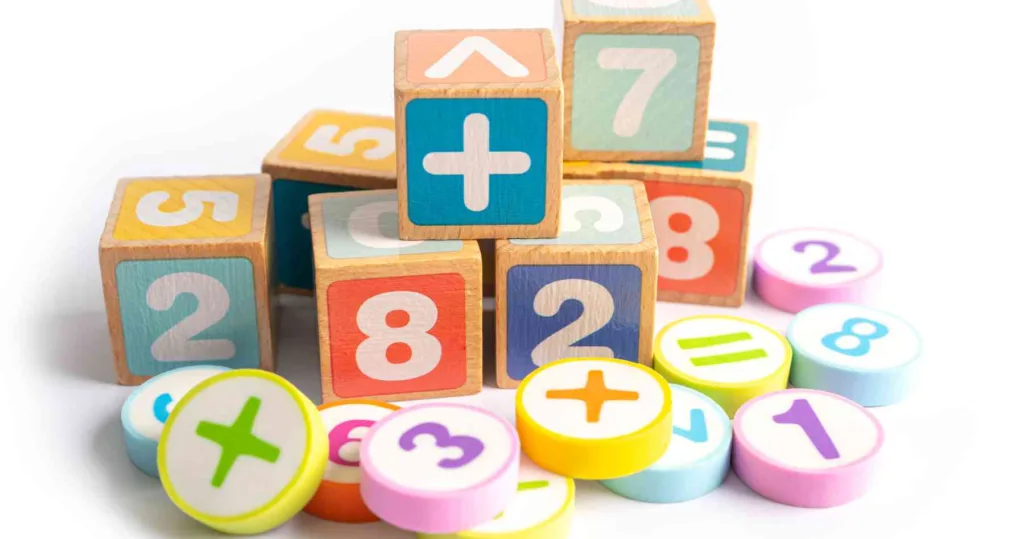
The Power of a Supportive Learning Community
A supportive learning community plays a vital role in nurturing young learners. It encompasses parents, educators, administrators, and the broader community, all working together to create an environment conducive to growth and success. When children feel supported and valued, they are more likely to develop a positive attitude towards learning and explore their full potential.
Building Strong Foundations: Early Childhood Education
Early childhood education lays the groundwork for a child’s educational journey. Preschools and early learning centers provide a structured and play-based approach to learning, promoting essential skills such as communication, problem-solving, and social interaction. These early experiences prepare children for the challenges and opportunities they will encounter in big school.
Holistic Development: Fostering Academic, Social, and Emotional Growth
Education is not solely about academic achievements. A holistic approach to learning focuses on nurturing the overall development of a child. Alongside academic excellence, it is crucial to foster social skills, emotional intelligence, and character-building traits. A supportive community ensures that children receive the necessary guidance and encouragement to develop in all these areas.
Tailored Learning: Individualized Attention and Personalized Education
Every child has unique learning needs and strengths. A thriving learning community recognizes and addresses these individual differences through personalized education. By providing individualized attention and tailored learning plans, educators can maximize each child’s potential, ensuring they receive the support they need to succeed.
Get In touch
Leave us a message
4 Claret Road, Table View, 7441
(021) 556 4146
office@applebeekids.com
Creating Engaging Learning Environments
Engaging learning environments spark curiosity and fuel a love for learning. By incorporating hands-on activities, interactive lessons, and stimulating resources, educators can create an atmosphere that captivates children’s imaginations and encourages active participation. These environments foster a sense of excitement and engagement, making learning a joyful experience.
Why is a positive learning environment important
A positive learning environment is important because it:
- Motivates and engages learners.
- Promotes emotional well-being.
- Maximizes learning outcomes.
- Encourages collaboration and cooperation.
- Nurtures confidence and self-esteem.
- Fosters respect and inclusion.
- Strengthens the teacher-student relationship.
In summary, a positive learning environment enhances motivation, well-being, collaboration, confidence, respect, and relationships, leading to optimal learning outcomes.
Harnessing Technology for Enhanced Learning
In the digital age, technology plays a significant role in education. Integrating educational tools and resources into the curriculum can enhance learning outcomes and provide children with new avenues for exploration. A supportive learning community embraces the use of technology to enrich the learning experience while ensuring responsible and safe usage.
Collaborative Partnerships: Parents, Educators, and the Community
Collaboration between parents, educators, and the community is crucial for a child’s educational success. By maintaining open lines of communication, sharing insights, and working together, these stakeholders can create a cohesive support system that nurtures the child’s development holistically. Regular parent-teacher interactions, community involvement, and collaborative decision-making create a strong foundation for a thriving learning community.
Cultivating a Love for Learning
Instilling a love for learning is a lifelong gift. A nurturing learning community fosters a positive attitude towards education by making learning enjoyable, relevant, and meaningful. By celebrating achievements, encouraging curiosity, and providing diverse learning opportunities, educators and parents can cultivate a lifelong passion for learning in children.
Promoting Diversity and Inclusion
A thriving learning community embraces diversity and fosters inclusion. By valuing and respecting differences in culture, background, and abilities, children develop empathy, tolerance, and a broader perspective of the world. Inclusive practices and a diverse curriculum ensure that every child feels valued and supported, promoting a positive learning environment for all.
Embracing a Growth Mindset
A growth mindset is the belief that abilities and intelligence can be developed through dedication, effort, and resilience. By promoting a growth mindset, a supportive learning community empowers children to embrace challenges, persist in the face of setbacks, and view mistakes as opportunities for growth. This mindset fosters a positive attitude towards learning and inspires children to reach their full potential.
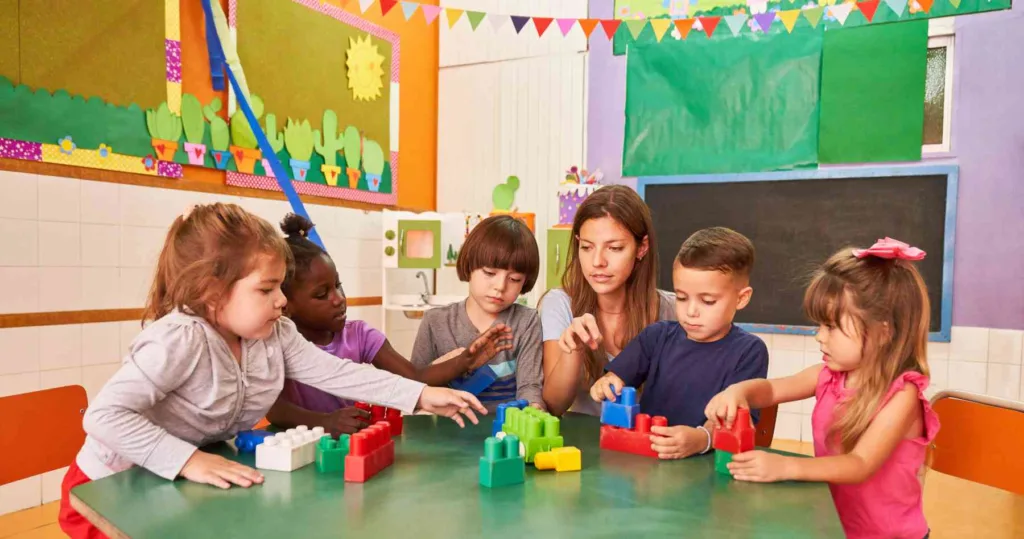
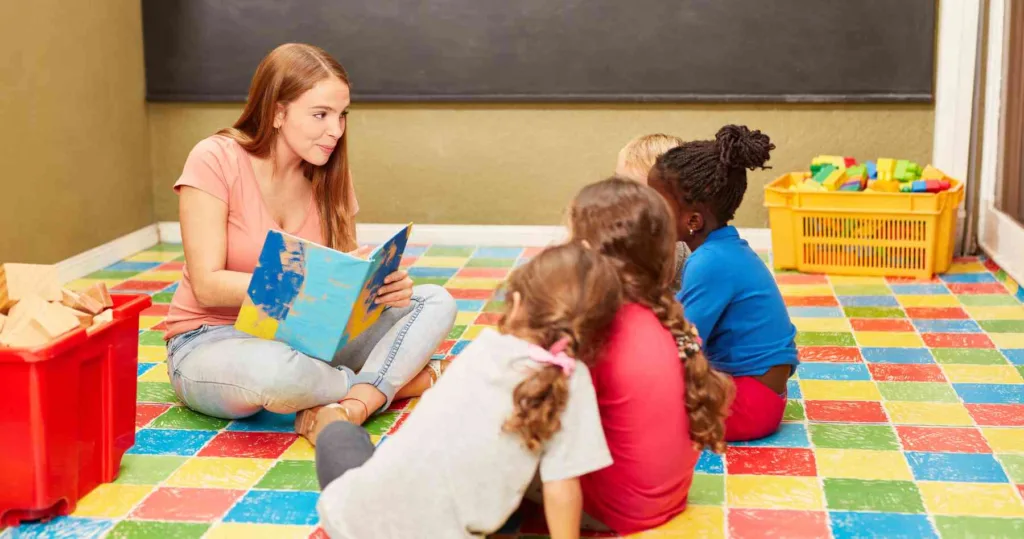
Preparing for the Transition: Kindergarten Readiness Programs
The transition from early learning to big school can be a significant milestone for children and their families. Kindergarten readiness programs provide essential support during this transition period. These programs focus on developing the necessary skills, such as literacy, numeracy, and social skills, to ensure a smooth and successful transition to formal education.
Celebrating Milestones: Graduation and Beyond
Celebrating milestones is essential in recognizing and appreciating children’s achievements. Graduation ceremonies and other milestone events create a sense of accomplishment and pride, motivating children to continue their educational journey with confidence. Beyond graduation, ongoing support and guidance from the learning community contribute to sustained success in higher grades.
Supportive Resources for Parents and Caregivers
A nurturing learning community extends its support to parents and caregivers. Providing resources, workshops, and guidance helps parents stay informed about their child’s development and become active partners in their educational journey. Accessible support systems ensure that parents can actively contribute to their child’s learning experience.
The Role of Extra-Curricular Activities
Extra-curricular activities offer children opportunities to explore their interests, develop new skills, and foster their talents outside the traditional classroom setting. A supportive learning community recognizes the importance of extra-curricular activities and provides a range of options that cater to diverse interests, promoting holistic development beyond academic pursuits.
ExcellentBased on 28 reviews
 Pieter Kotze2022-03-11Great pre-primary school in Table View, it has been there for many years and we are now on the verge of sending the 2nd generation there and although they have been around for years, the staff are current and up to date with the latest in childcare and early childhood education, peace of mind for sure...
Pieter Kotze2022-03-11Great pre-primary school in Table View, it has been there for many years and we are now on the verge of sending the 2nd generation there and although they have been around for years, the staff are current and up to date with the latest in childcare and early childhood education, peace of mind for sure... Gareth Bolt2021-08-20Jackie,Maude and Applebee team look after our little boy so wonderfully!
Gareth Bolt2021-08-20Jackie,Maude and Applebee team look after our little boy so wonderfully! Shakurah Hackley2021-08-20My son loves his teachers. They care for our kids and go the extra mile.
Shakurah Hackley2021-08-20My son loves his teachers. They care for our kids and go the extra mile. Nolu Mandindi2021-08-19My daughter been a student since 2019, her brother joined her in 2021, we couldn't be happier with the professionalism shown by the staff. The constant feedback from teachers on progress is on point.
Nolu Mandindi2021-08-19My daughter been a student since 2019, her brother joined her in 2021, we couldn't be happier with the professionalism shown by the staff. The constant feedback from teachers on progress is on point.
Nurturing a community of thriving learners is a collective effort that yields lifelong benefits. By building a supportive learning community, providing tailored education, fostering engagement, and embracing diversity, we can create an environment where children thrive academically, socially, and emotionally. Together, let’s empower our children on their path to big school, ensuring they receive unbeatable support that propels them towards a bright and successful future.
FAQs
1. How can a supportive learning community benefit my child?
A supportive learning community provides the necessary environment, resources, and guidance for children to thrive academically, socially, and emotionally. It fosters a positive attitude towards learning, cultivates individual strengths, and prepares children for future success.
2. What is the role of parents in a thriving learning community?
Parents play a vital role in a thriving learning community. They collaborate with educators, engage in their child’s education, and provide support and encouragement. By maintaining open communication and involvement, parents contribute to their child’s overall development.
3. How do kindergartens prepare children for big school?
Kindergartens offer kindergarten readiness programs that focus on developing essential skills for a smooth transition to big school. These programs address literacy, numeracy, social skills, and provide a structured environment that prepares children for the challenges of formal education.
4. How can I foster a love for learning in my child?
To foster a love for learning, create a positive and engaging learning environment at home. Encourage curiosity, provide diverse learning opportunities, celebrate achievements, and make learning enjoyable and relevant to your child’s interests and abilities.
5. What resources are available to parents and caregivers for support?
Many resources are available to parents and caregivers, such as workshops, online platforms, and educational materials. These resources provide valuable information, guidance, and support to help parents actively participate in their child’s learning journey.
6. What is the role of learning environment in the development of students culture and character?
The learning environment in preschool plays a vital role in shaping students’ culture and character. It promotes cultural awareness, social skills, emotional development, character education, conflict resolution, self-regulation, and ethical decision-making. Through diverse experiences and positive guidance, it fosters values, attitudes, and behaviors that contribute to students’ overall development.
7. What is a positive learning environment?
A positive learning environment is a safe, engaging, and supportive setting that values diversity, encourages active participation, fosters positive relationships, provides clear expectations, and celebrates achievements. It promotes students’ overall well-being and creates an optimal space for learning and growth.
Positive learning environment examples:
Examples of a positive learning environment include a warm and welcoming classroom, supportive teacher-student relationships, clear expectations and consistent rules, student engagement and active participation, collaborative learning opportunities, inclusive practices, constructive feedback and encouragement, a safe and respectful space, celebration of achievements, and accessible learning resources.
